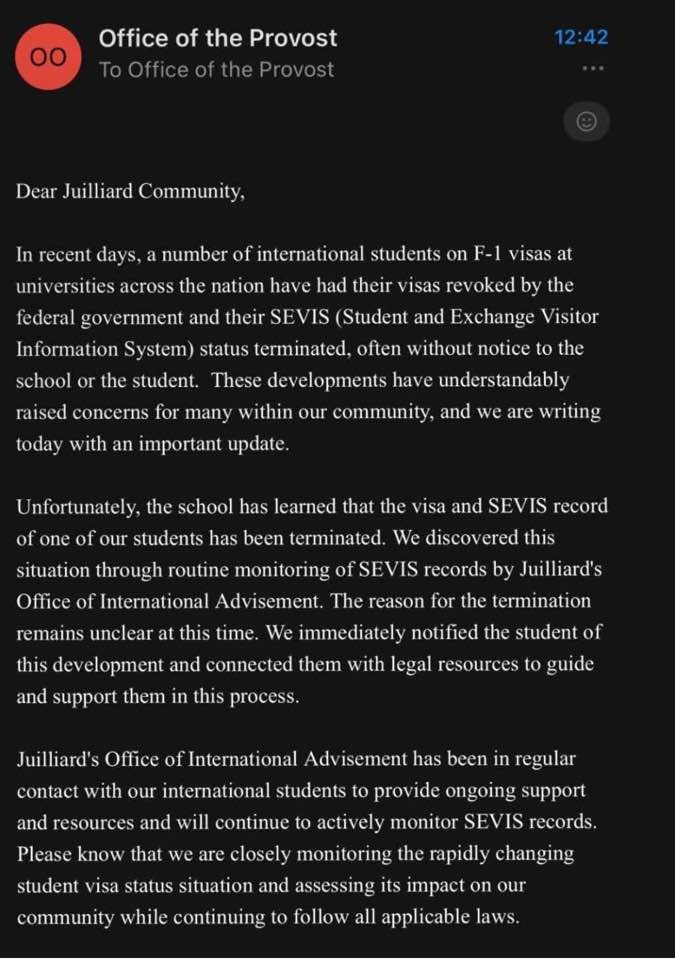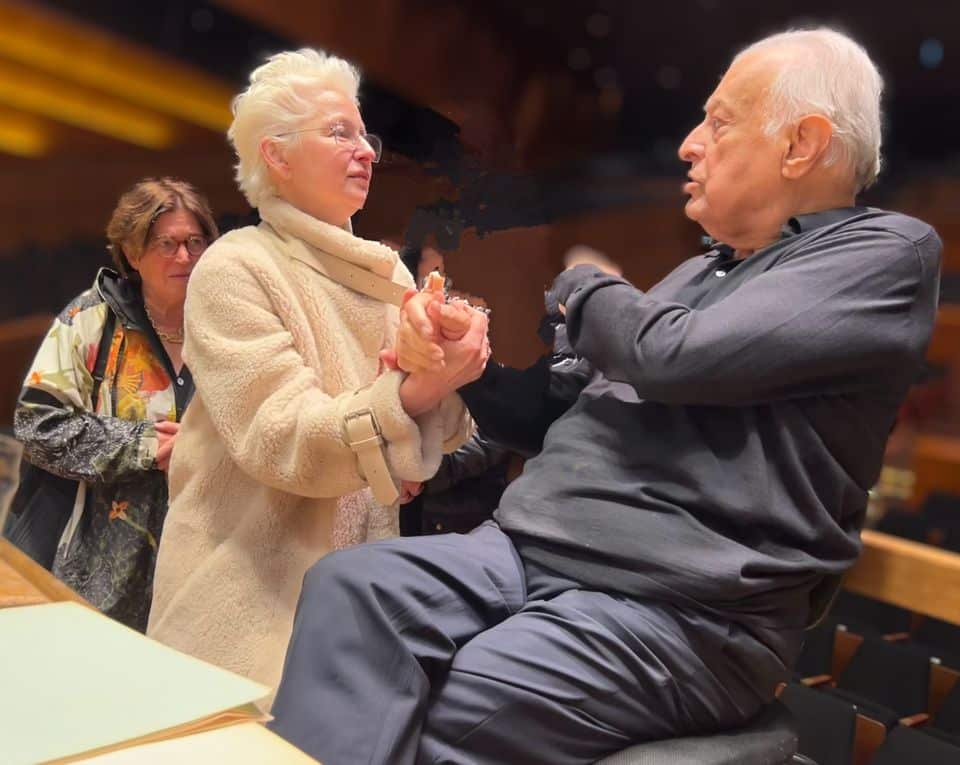Richard Strauss’s love songs had words by a gay Scotsman
mainIn March 1892, the young Strauss met a radical socialist writer in Berlin. John Henry Mackay, Greenock born, was taken as a child back to her family Germany by his widowed mother. He grew into a best-selling literary agitator for social equality and gay rights.
The Anarchists (1991), his semi-memoirist novella caught Strauss’s immediate attention. The composer set two of his poems – Morgen and Heimliche Aufförderung – in the opus 27 songs that Strauss wrote for his future bride, Pauline. Further poems by Mackay were adopted by Strauss as Verführung (Op. 33 No. 1) and In der Campagna (Op. 41 No. 2).

Mackay, under the pseudonym Sagitta, wrote a series of gay novels titled Die Bücher der namenlosen Liebe (Books of the Nameless Love). He was well known for his involvement with Berlin’s gay scene. He died in May 1933, soon after Hitler’s rise to power.
None of the Strauss biographies pay any attention to his collaborator’s political and sexual activism. Strauss was, so far as we know, conservative and straight. Was he aware that his love songs were written by a gay man? Would it have made any difference to him?
The 150th anniversary of Strauss’s birth is being marked worldwide. Mackay’s has passed unnoticed, except in a Greenock newspaper.





Comments